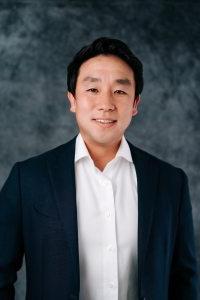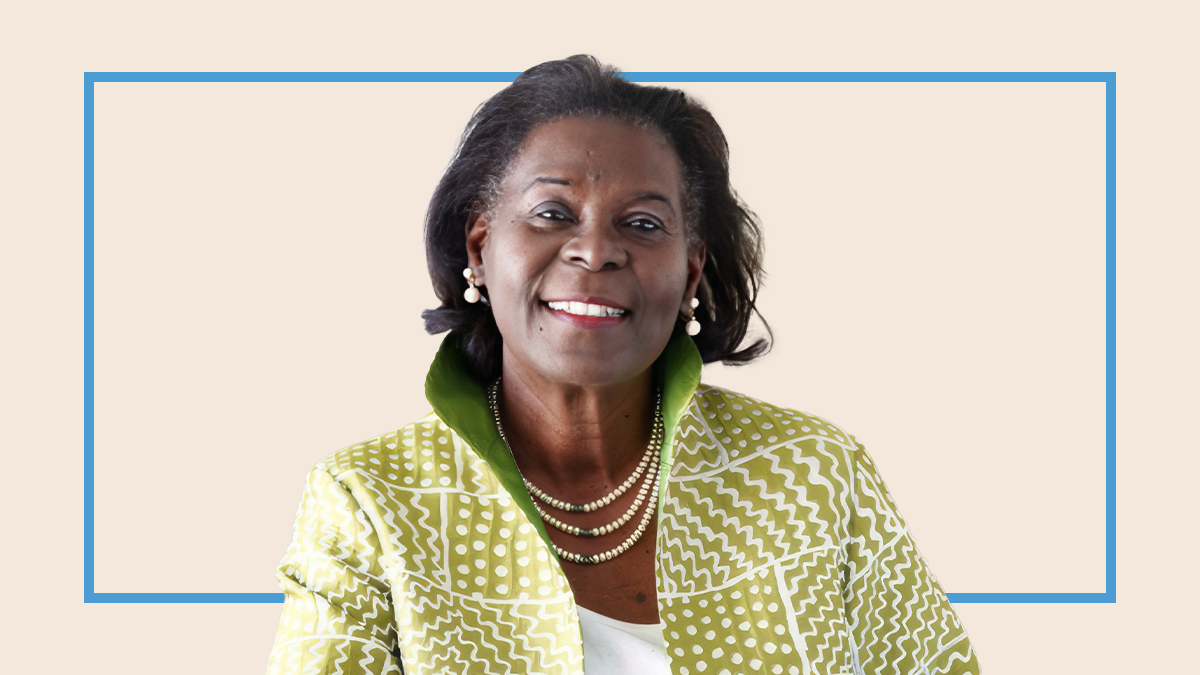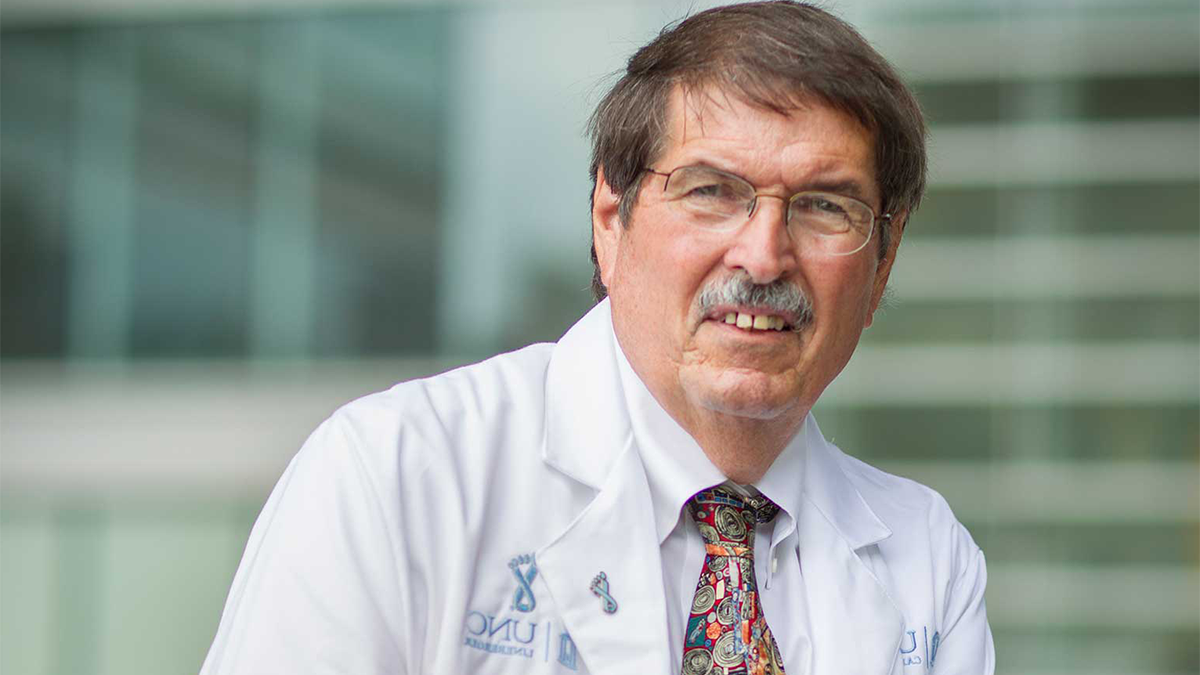December graduate helps Maui fire recovery
David Kim’s degree in health care administration and his military and work experience prepared him to respond.

In August, David Kim planned to join his Carolina classmates when they gave the final presentations of their master’s degree program. Instead, he was on the island of Maui, helping after a fire engulfed the town of Lahaina, killed at least 99 people and left hundreds without homes.
Kim was enrolled in the Executive Master of Healthcare Administration program at the UNC Gillings School of Global Public Health. He took the bulk of his coursework online while working in Hawaii as the agency manager of Kaiser Permanente’s Oahu and Maui Home Care.
Kim used what he learned in the MHA program, his military training and his home-health business experience when he flew to Maui on Aug. 9 to coordinate the emergency response and medical care by his company’s teams. They wound up treating anyone who needed their care whether insured or not.
When he landed on Maui, Kim found chaos. Lahaina reduced to ashes. No internet service or cell phone service. Hundreds of people missing, including a Kaiser Permanente nurse. He and the leadership team mapped out a plan to find and care for patients. But closed roads and a limited emergency response forced improvisation — scheduled meetups, paper maps and word of mouth — to conduct clinics. A nonclinical worker, Kim went door to door with clinicians to help. Fortunately, they had a mobile-health van with exam rooms where doctors and nurses could work.
Many people couldn’t get prescription medicines or leave Maui. Some only had the clothes they wore when escaping the fire. “They were completely shut off from the world,” Kim said. “They didn’t know where to get health care resources, so we were the ones who told them where our Kaiser Permanente personnel and federal and state emergency personnel were going to be.”
After staying two weeks, the team flew roundtrip daily because displaced residents needed hotel rooms.
Reflecting on the experience, Kim credits his education and experiences with preparing him to respond. He grew up in Fairfax, Virginia, and attended the U.S. Military Academy. After graduating from West Point, he spent seven years in the U.S. Army with tours in Japan, Afghanistan and Hawaii.

Kim said Gillings’ Executive Master of Healthcare Administration program exposed him to “gaps and opportunities” in the healthcare system. (Courtesy of David Kim)
In Japan, Kim helped respond to the 2011 tsunami and earthquake that decimated the city of Sendai and killed 19,000 people. In Afghanistan, he oversaw transportation of equipment, ammunition and personnel. In Hawaii, Kim coordinated the Army’s disaster response with the Hawaii Emergency Agency and FEMA and planning for all U.S. military branches. After retiring as a captain, he began working in his family’s home health care business.
Wanting a broader influence in health care, he took a consulting job with Kaiser Permanente. Then a position in Hawaii opened up. It was a perfect fit. After a manager suggested that he earn a master’s degree to spur his job advancement, Kim applied to the Carolina master’s program because Gillings is ranked second nationally among public health schools.
The program enhanced what he had learned about project management, performance improvement and leadership. “We broke down business cases to understand the financials behind it, the operations, the staffing, personnel, the policies,” Kim said. “It’s a holistic program that exposed me not only to our health care system’s foundations, but also introduced gaps and opportunities that challenge our system.”
Kim, who will graduate Dec. 17, especially enjoyed learning from classmates — hospitalists, lawyers, accountants, consultants and other health care professionals.
Now he hopes to realize his “dream to eventually take on a director’s role, to oversee the entire operations and improve our capabilities.”







